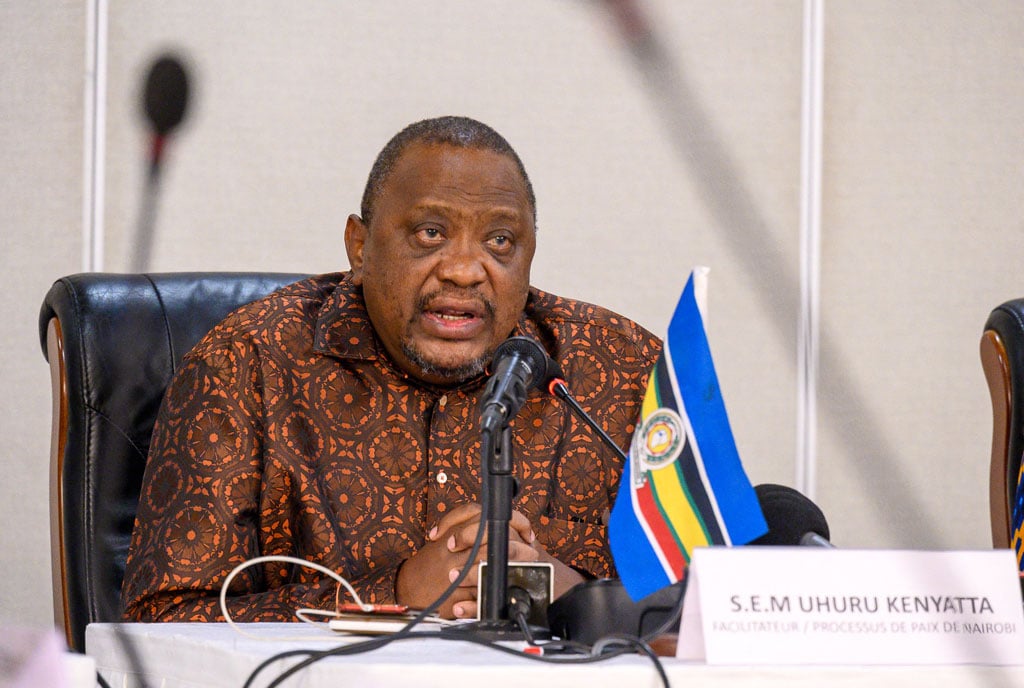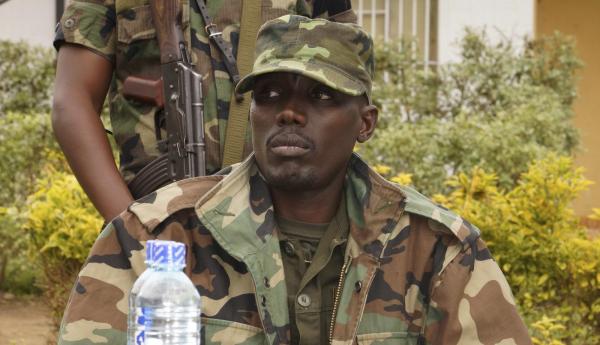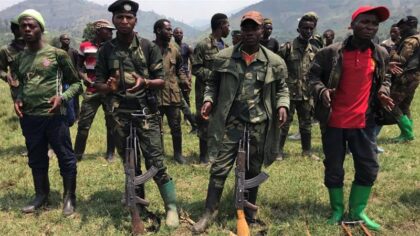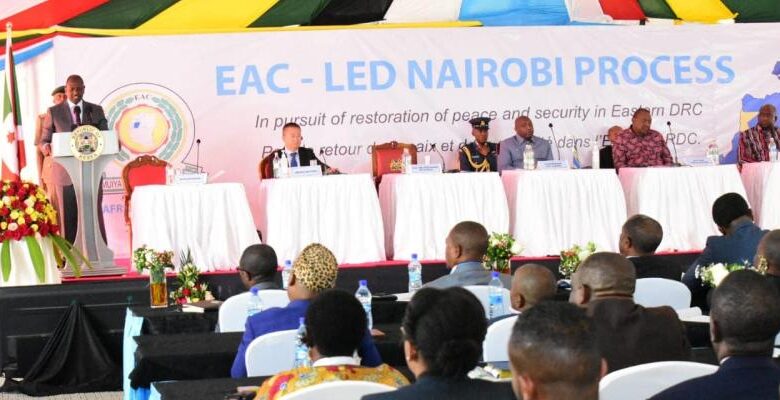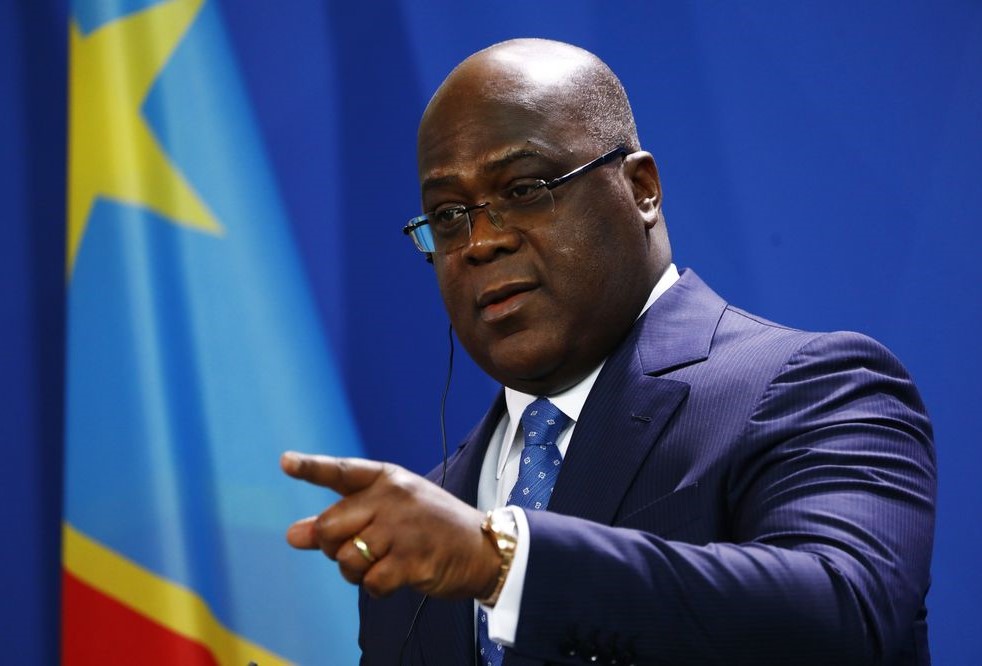Regional
DRC: Washington's ‘misguided’ approach shielding Kinshasa from accountability
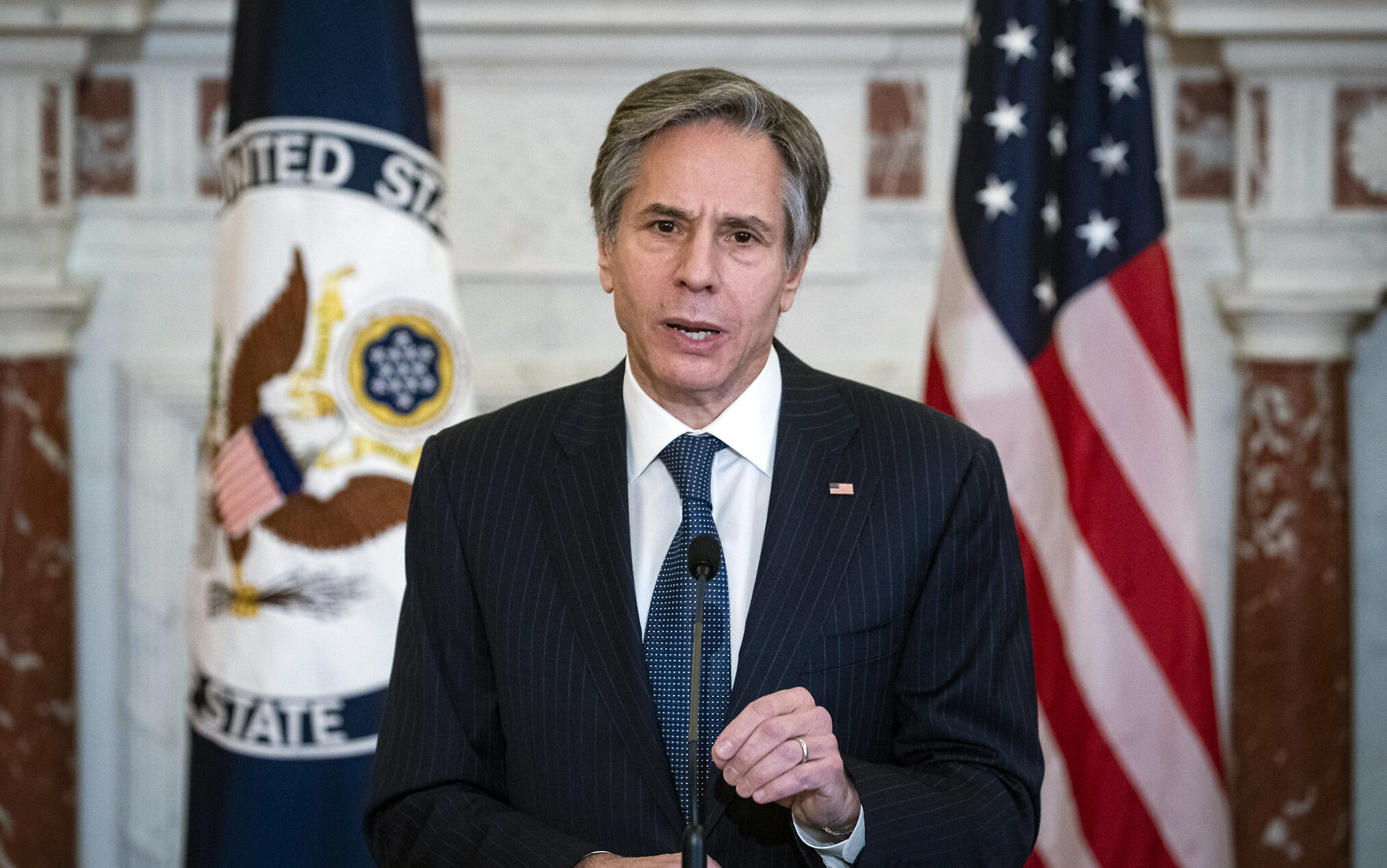
US Secretary of State Antony Blinken spoke on Sunday, December 4, with Rwandan President Paul
Kagame about the importance of peace and
stability in the east of the Democratic Republic of Congo.
The next day, the State Department released a statement about their discussion, noting that Blinken underscored the need for concrete progress on and implementation of commitments made during these discussions, including the November 23 Luanda Mini-Summit on Peace and Security communiqué. As noted, Blinken “made clear that any external support to non-state armed groups in the DRC must end, including Rwanda’s assistance to M23.”
Rwanda has repeatedly refuted the
allegation. The State Department’s statement is evidence of how the US
government is, probably, misguided by Kinshasa’s lies.
In its statements, surprisingly, the US
government continues evading to put emphasis on the root cause of the
insecurity in the eastern DRC. The State Department’s statement on the problems
in eastern DRC came five days after the United Nations Special
Adviser on the Prevention of Genocide, Alice Wairimu Nderitu, weighed in with a
statement explaining the genesis of violence in the restive region. In eastern DRC, Nderitu noted,
the current violence mainly stems from the refugee crisis that resulted as many
individuals involved in the 1994 Genocide against the Tutsi in Rwanda fled to eastern
DRC, forming armed groups such as the FDLR which is still wreaking havoc in the
region.
After
killing more than one million Tutsi in Rwanda, the then genocidal government’s
army, or ex-FAR, and Interahamwe militia, who committed genocide poured into
eastern Zaire, now DRC. They were welcomed and assisted by the host nation and
international organizations as they regrouped, re-armed and readied to go back
to Rwanda, and finish off what they had been prevented from doing. When
Interahamwe militia and ex-FAR arrived in North and South Kivu provinces, in
1994, they brought the notion that the “solution” to the region’s many complex
problems lay in killing all the Tutsi.
But the new regime in Kigali never gave them a chance. Therefore, they stayed put in DRC, pillaging and spreading their genocide ideology, for nearly three decades.
In response to the presence of this armed group, Nderitu noted, new armed groups were formed and the failure to bring non-state armed actors to book is the consequence we now see. There are now more than 130 armed groups in eastern DRC.
Dysfunction
of DRC government, support to FDLR
The
DRC has been experiencing insecurity, especially in its eastern part, for more
than three decades. Corruption, weak governance and impunity are among the
reasons why armed groups found a comfort zone in the country’s restive east.
Rwandan
Minister of Foreign Affairs, Dr Vincent Biruta, made it clear that even though Kagame
had good discussions with Blinken, “differences in understanding of the issue
remain.”
“The
wrong and misguided approach of the international community continues to
exacerbate the problem,” Biruta tweeted.
Biruta
added: “A lasting solution requires the responsibility to be placed where it
belongs: The dysfunction of the DRC government and its institutions, and the
support to FDLR. External interference and dictates in regional and continental
efforts that serve to shield DRC from accountability and embolden them to be unresponsive
to commitments made through ongoing processes.”
“M23
should not be equated to Rwanda. It is not Rwanda’s problem to solve. The
security concerns of Rwanda need to be addressed, and where others may not feel
obliged to, Rwanda is and will continue to do so.”
Nderitu
was deeply alarmed by the escalation of violence in the region where a genocide
- the 1994 Genocide against the Tutsi in Rwanda – happened.
“The
current violence is a warning sign of societal fragility and proof of the
enduring presence of the conditions that allowed large-scale hatred and
violence to erupt into a genocide in the past,” she said.
Her visit followed a technical-level mission
by her Office that established that indicators and triggers contained in the UN
Framework of Analysis for Atrocity Crimes were present in DRC including;
dissemination of hate speech and absence of independent mechanisms to address
it; politicization of identity; proliferation of local militias and other armed
groups across the country; widespread and systematic attacks, including sexual
violence, against especially the Congolese Tutsi on the basis of their
ethnicity and perceived allegiance with neighboring countries; and intergroup
tensions.
In eastern
DRC, the Special Adviser noted that finding a solution to the ongoing conflict
would require addressing the underlying causes of the violence and learning
lessons from the past.
“The
abuses currently occurring in eastern DRC, including the targeting of civilians
based on their ethnicity or perceived affiliation to the warring parties must
be halted. Our collective commitment not to forget past atrocities constitutes
an obligation to prevent reoccurrence.”
Reiterating
her June 17 statement issued jointly with then High Commissioner for Human
Rights Michele Bachelet, Nderitu expressed particular concern about the impact
on civilians of the recent increase in hostilities between the M23 rebels and
the Congolese army, FARDC. The statement had also expressed concern over an
escalation of hate speech and incitement to discrimination, hostility, and
violence nationwide – and specifically against the Kinyarwanda speaking
Banyamulenge people. They noted reports that hate speech had been spread by
political party figures, community leaders, civil society actors, and members
of the Congolese diaspora.
After
the resumption of hostilities between the Congolese army and the M23 rebels,
government officials and security organs mobilized the population to hold
machetes and kill Congolese Tutsi and Rwandophones.
Nderitu
noted that the situation in the country “was particularly alarming” while it
was preparing for national elections in December 2023. Elected in 2018 to much
surprise and sitting on a fragile majority, President Félix Tshiseksedi’s lack
of popularity is a cause for concern. Analysts have pointed out that Tshisekedi
is not sure he can win the December 2023 election and is therefore sowing instability
in a deliberate strategy of chaos to justify election delays.
During
the visit to DRC, the Special Adviser emphasized her continuous support towards
strengthening existing prevention mechanisms, such as operationalising the
DRC’s National Committee for the Prevention and Punishment of the Crime of
Genocide, War Crimes and Crimes against Humanity and all Forms of
Discrimination.
The
National Committee was established under the auspices of the International
Conference for the Great Lakes Region (ICGLR) in accordance with the ICGLR Pact
on Security, Stability and Development. Under the Protocol, ICGLR Member States
are required to domesticate and enforce its provisions by putting in place laws
that will prevent and punish genocide, war crimes and crimes against humanity;
measures that will eliminate discrimination; teach and encourage tolerance
among national, racial, and ethnic groups; combat impunity and extradite
criminals, the Special Adviser recalled.
The
Special Adviser reiterated that while the primary responsibility to prevent
atrocity crimes rests with the DRC as a State, all parties to the violent
conflict must work urgently towards finding a political solution that will
bring comprehensive and sustainable peace to the DRC by addressing the root
causes of divisions and violence, and the legitimate concerns of all actors.
A
Human Rights Watch report published on October 18 pins the Congolese army on supplying
arms and ammunitions to the FDLR. The report says that FARDC used FDLR and
other militia groups in the country to fight M23 rebels. The Congolese army is
further implicated in holding secret meetings with the militia groups
responsible for gross human rights violations in eastern DRC. Between May and
August 2022, the Congolese army with a coalition of Congolese militia as well
as the FDLR fought against M23 rebels in North Kivu province, “with Congolese
army officers providing the armed groups with direct support.”
“Congolese
army units are again resorting to the discredited and damaging practice of
using abusive armed groups as their proxies,” said Thomas Fessy senior
researcher at Human Rights Watch.
“The
Congolese government should end this support, which leads to military complicity
in abuses, identify officers responsible, and hold them accountable,” Fessy
said.



